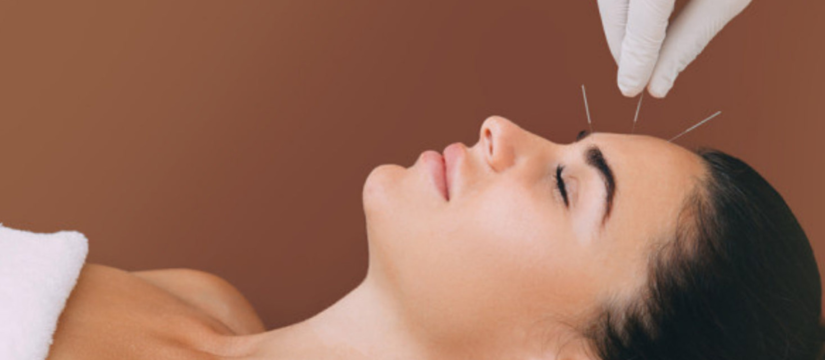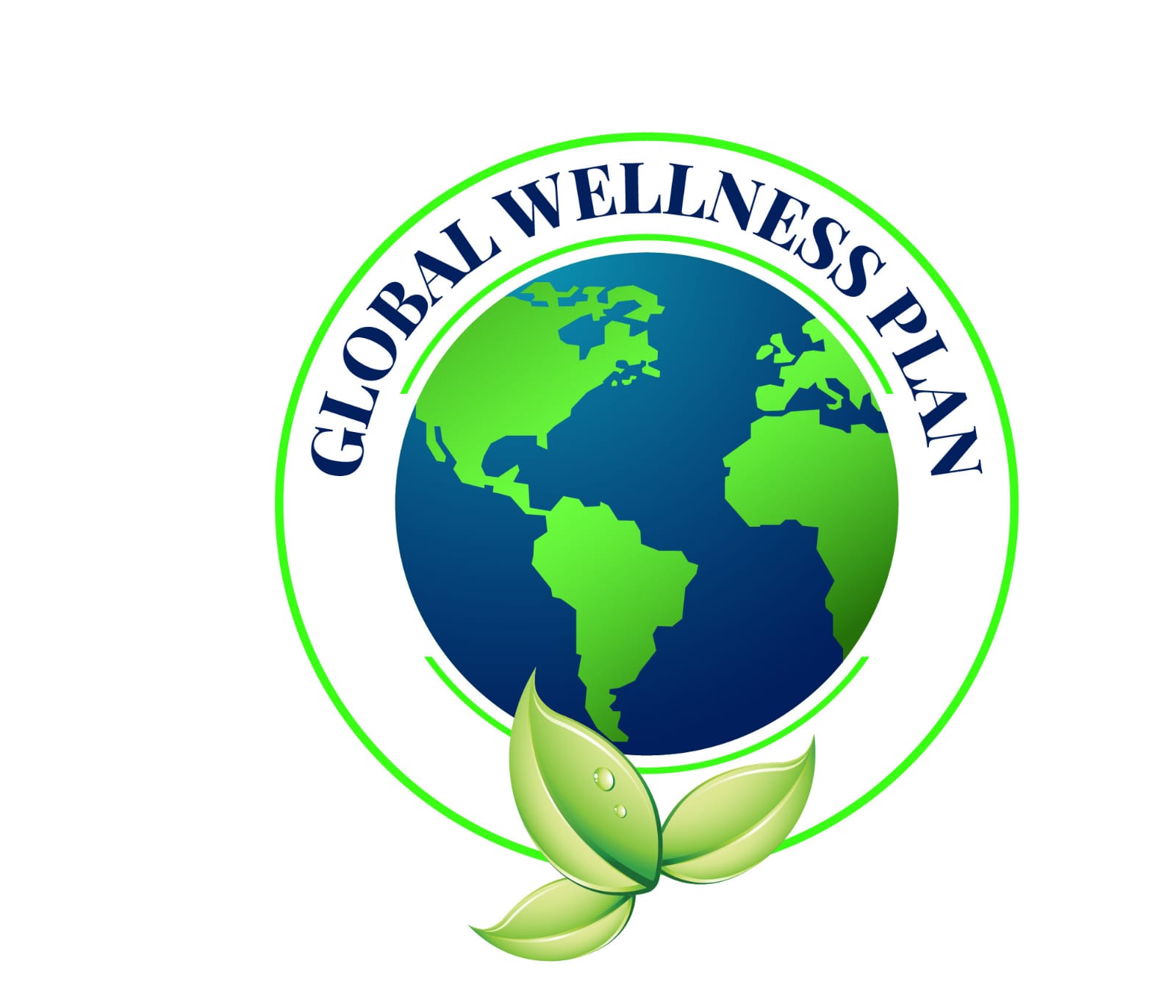
Acupuncture: Ancient Wisdom for Modern Wellness
- September 13, 2019
- 20 Likes
- 570 Views
- 0 Comments
Acupuncture is an integral component of Traditional Chinese Medicine (TCM) that has gained widespread recognition and acceptance in the realm of modern wellness. This ancient practice, dating back over 2,500 years, involves the strategic insertion of thin needles into specific points on the body. While the concept may sound unconventional, acupuncture has proven its efficacy in promoting holistic well-being and is now a mainstream therapeutic option embraced by people around the world. In this article, we delve deeper into the art of acupuncture, its history, benefits, and how it can contribute to your modern wellness journey.
The Origins and Philosophy of Acupuncture
Acupuncture is rooted in the philosophical framework of TCM, which views the body as an interconnected system of energy pathways (meridians) through which vital energy, known as Qi (pronounced “chee”), flows. According to TCM philosophy:
- Qi Flow: Health and well-being depend on the balanced and unobstructed flow of Qi throughout the body. Imbalances or blockages in this energy can lead to physical and emotional ailments.
- Acupuncture Points: The human body contains hundreds of acupuncture points along the meridians, each associated with specific organs and functions. Stimulating these points can influence the flow of Qi and bring about healing.
The Art of Acupuncture
Acupuncture involves the precise placement of thin, sterile needles into these acupuncture points to restore the flow of Qi and promote balance within the body. Here’s what you can expect during an acupuncture session:
- Consultation: Your acupuncturist will conduct a thorough assessment of your physical and emotional well-being, including a discussion of your symptoms, medical history, and lifestyle.
- Needle Insertion: Sterile, hair-thin needles are gently inserted into specific acupuncture points. The process is typically painless, with sensations ranging from a slight tingling to deep relaxation.
- Stimulation: Depending on your condition and the acupuncturist’s approach, the needles may be gently manipulated or left in place for a designated period, usually 20-30 minutes.
- Balancing Qi: Acupuncture helps balance the flow of Qi, addressing the root cause of your health concerns rather than just the symptoms.
Benefits of Acupuncture
Acupuncture offers a multitude of physical and mental health benefits, including:
- Pain Relief: Acupuncture is renowned for its effectiveness in alleviating chronic pain conditions such as back pain, arthritis, migraines, and more.
- Stress Reduction: Acupuncture can promote relaxation and reduce stress, making it a valuable tool for maintaining mental well-being.
- Improved Sleep: Many individuals experience improved sleep quality and relief from insomnia after acupuncture treatments.
- Enhanced Immune Function: Acupuncture may boost the body’s immune response, helping you stay healthier.
- Emotional Balance: Acupuncture can support emotional stability, alleviate anxiety and depression, and enhance overall mental health.
Acupuncture in Modern Wellness
While rooted in ancient tradition, acupuncture has carved out a prominent place in modern wellness practices. Scientific research continues to validate its efficacy, and it is increasingly integrated into mainstream healthcare systems.
For those seeking holistic well-being, acupuncture represents a powerful and time-tested tool. Whether you’re dealing with chronic pain, stress, sleep issues, or simply aiming to maintain a balanced and healthy life, consider exploring the profound benefits of acupuncture—a practice that has transcended centuries and cultures to contribute to the betterment of our modern wellness landscape.



Leave Your Comment